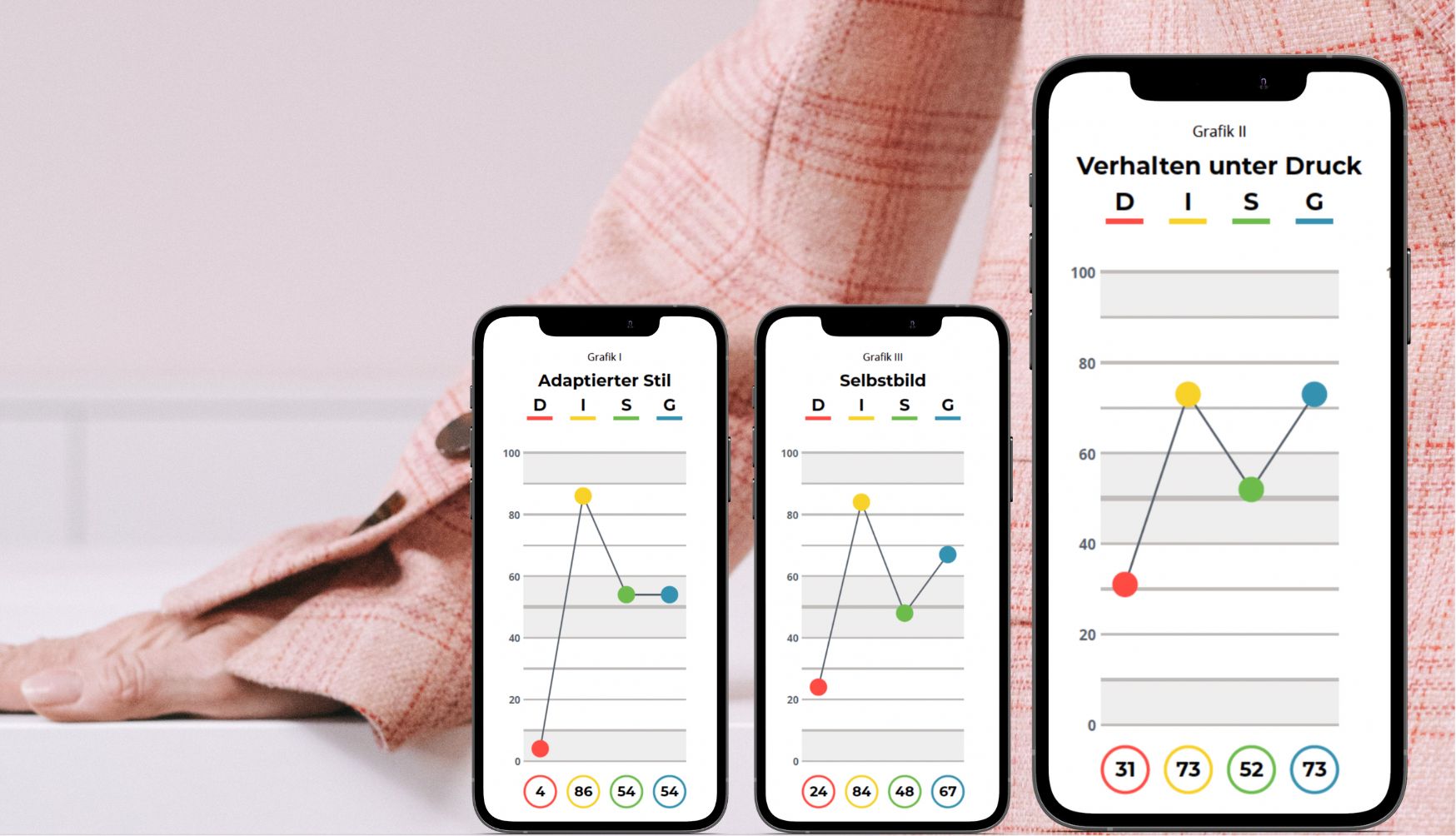What is job crafting?
Job crafting describes the active and self-determined customisation of one's own work area in order to better adapt it to personal strengths, interests and values. Instead of viewing the job as an unchangeable structure, employees make changes themselves in order to find more meaning and satisfaction in their work.
The concept comprises three central strategies:
- Task crafting (customising tasks) - changing the scope, sequence or type of tasks.
- Relational Crafting - building and maintaining beneficial working relationships.
- Cognitive crafting (changing perception) - developing a new perspective on one's own job.
For accountants in particular, job crafting offers numerous opportunities to make their daily work more fulfilling and future-proof.
Challenges in the day-to-day work of accountants
Accountants have a wide range of tasks: from the preparation of annual financial statements to closing entries and tax returns. According to the Schulmeister Job Glossary, the following aspects are among the most common challenges:
- Increasing digitalisation: New software solutions such as SAP or BMD require continuous training and adaptability.
- Changes in the law: Tax and financial regulations change regularly and require ongoing expertise.
- High responsibility: Accounting errors can have serious consequences.
Through job crafting, accountants can meet these challenges in a targeted manner and find more satisfaction in their work.
Job crafting for accountants: Practical implementation
But how do you put job crafting into practice? We have summarised three strategies for you:
1. Proactively design tasks (task crafting)
- Utilising technological advancements: Digitalisation offers opportunities to get rid of repetitive tasks. Automation tools for accounting and reporting can help to make manual processes more efficient.
- Focus on value-adding activities: Identify tasks that you particularly like or enjoy and find ways to strengthen them.
- Optimise processes: Are there any work steps that can be made more efficient? By suggesting improvements, you can not only make your everyday life easier, but also create added value for the company.
2. Build up working relationships in a targeted manner (relational crafting)
- Expand networks: Exchanging ideas with colleagues from tax consultancy, controlling or IT can enrich your own area of work and open up new perspectives.
- Mentoring and knowledge sharing: Support junior employees or find experienced mentors yourself to grow professionally and personally.
- Strengthen co-operation with other departments: Close coordination with finance and management enables more strategic involvement in company decisions.
3. Reassess your own role (cognitive crafting)
- Recognising meaning in your own work: Working as an accountant is essential for the success of a company. Realising this can have a positive impact on your professional experience.
- Seeing flexibility and learning as an opportunity: The changing world of work offers development opportunities. Those who see digitalisation and new processes as an opportunity for growth can actively develop further.
- Be aware of your own successes: Regular reflection on successes achieved and challenges overcome strengthens self-confidence and motivation.
Conclusion: Job crafting for a fulfilling working life
Job crafting for accountants does not mean completely reorganising your job, but rather shaping it in such a way that it better suits your own strengths and interests. By making adjustments to tasks, relationships and your own perception, you can make your day-to-day work not only more productive, but also more fulfilling.
If you want to actively manage your career as an accountant, you should consider job crafting as a valuable tool for more motivation and satisfaction.
If you understand German, we recommend the episode of the Spiegel podcast ‘In 5 Schritten die Arbeit wieder lieben lernen’ (Learn to love your job again in 5 steps).







